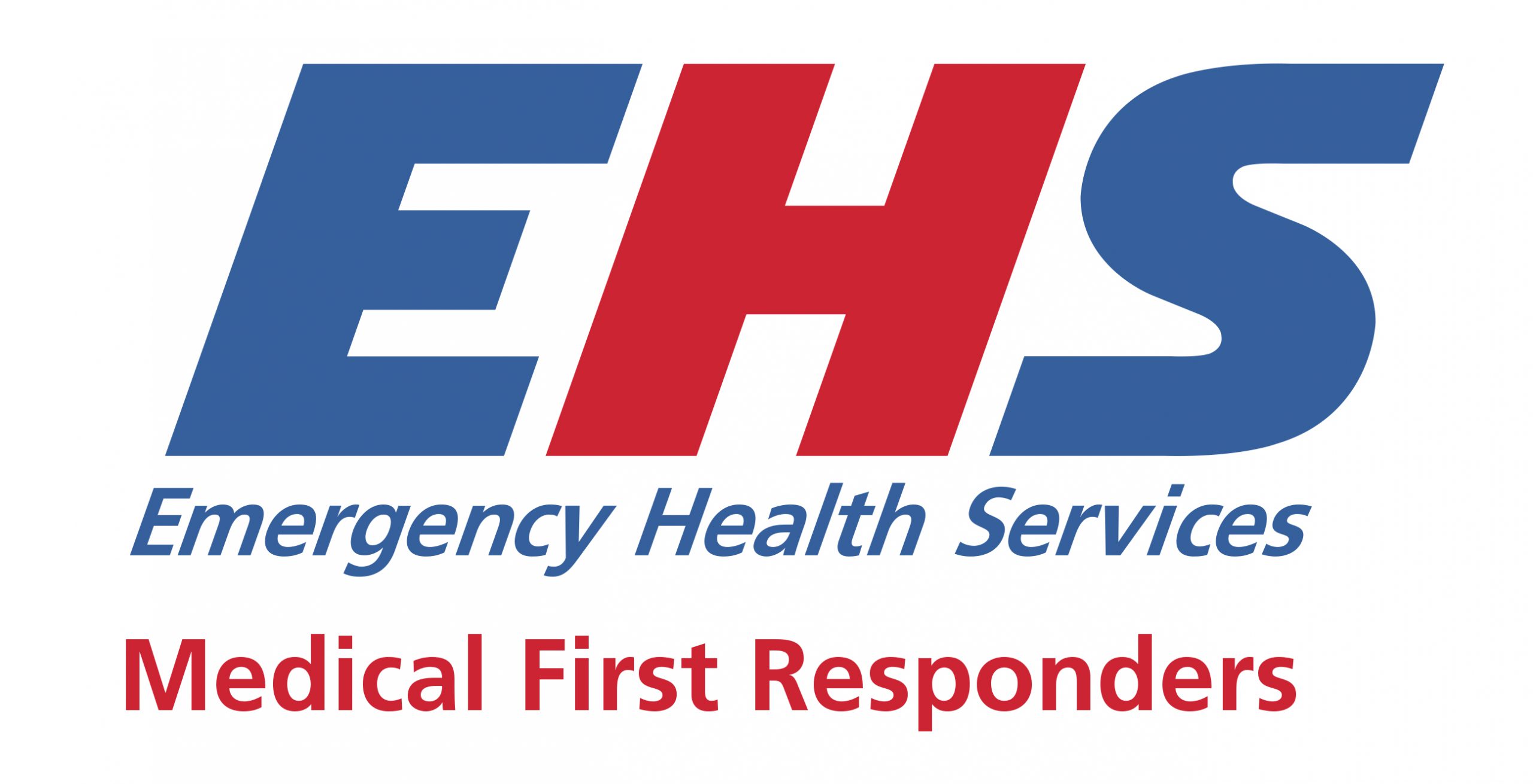- EHS MFR Community Hub
MFR Clinical Advisory – Change in ASA Administration Policy – April 4, 2025
Effective Immediately
EHS Medical First Responders (MFRs) are no longer required to contact the EHS Medical Communications Centre (MCC) for consultation with a Clinical Support Paramedic (CSP) or the Medical Communications Centre Physician (MCCP) before administering Acetylsalicylic Acid (ASA) for ischemic chest pain. Please adhere to the following updated guidelines when administering ASA.
1.0 Intent
This policy provides guidance to MFRs on the administration of Acetylsalicylic Acid (ASA) for the early relief of symptoms in patients experiencing ischemic chest pain.
2.0 Policy Statements
2.1 MFRs are only to administer ASA that has been supplied by EHS MFR Services.
2.2 MFRs must be aware of all indications and contraindications for ASA administration.
2.3 MFRs must ensure all documentation and communication requirements are completed in accordance with organizational standards (see below).
2.4 MFR Agencies are responsible for proper storage of ASA and ensuring appropriate stock levels for operational readiness.
3.0 Definitions
- Ischemia/Ischemic: A restriction of blood supply to tissues causing oxygen deprivation.
- Angina: Chest pain/discomfort described as pressure or squeezing, potentially radiating to the neck, jaw, or back, caused by inadequate blood supply.
- Indications: Conditions that warrant the administration of a treatment.
- Contraindications: Conditions where treatment should not be used due to potential harm.
4.0 Equipment
- ASA 80 mg tablets (2 per package). Each agency will receive six (6) doses of ASA.
- NOTE: Packages must remain sealed until administration. Storage must be in the provided container.
5.0 Procedures
MFR Responsibilities:
5.1 Complete a thorough patient history and obtain a full set of vital signs.
5.1.1 Identify indications for ASA administration, including:
- Known history of angina with symptoms.
- Chest pain described as crushing, squeezing, or dull pain, often with ash-gray skin tone, diaphoresis (sweating), nausea, and vomiting.
5.1.2 Identify contraindications for ASA administration, including:
- Allergy to aspirin or other NSAIDs (e.g., Advil, Motrin).
- Asthma with a history of exacerbation following ASA use.
- Recent head injury, stroke, or significant active bleeding.
- Pediatric patients.
5.1.3 Confirm the patient has not already taken ASA prior to MFR arrival.
5.2 If ASA administration is appropriate:
- Open the storage container.
- Verify the expiration date of ASA.
- If not expired, open the package and instruct the patient to chew two (2) tablets (total 160 mg) without water (enhances absorption).
5.3 Assess/reassess vital signs before and after administration.
5.4 Document all findings in the patient care report (PCR), including pain response and any adverse effects (e.g., rash).
5.5 Inform MCC and responding EHS paramedics upon arrival that ASA has been administered.
5.6 Submit the completed PCR to EHS MFR Services within seven (7) days for review.
MFR Agency Responsibilities:
5.7 Store ASA in the provided sealed storage container.
5.8 Keep ASA in a dry place, away from direct sunlight and heat.
If you have any questions or need assistance, please do not hesitate to contact us at [email protected].
Thank you for your attention to this matter.
